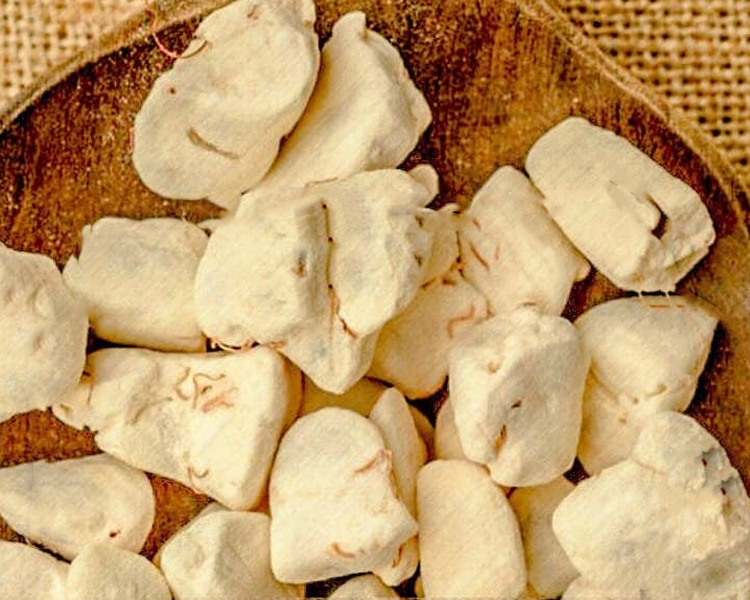Baobab
The Baobab tree is native to Sudan and can be found in various regions of the country. It holds cultural significance, adapts well to arid conditions, and produces edible fruits. The tree is used in traditional medicine and serves as a habitat for wildlife. The baobab tree also has economic potential through the processing of its fruits into value-added products.
The Baobab tree in Sudan has traditional uses, ecological importance, climate resilience, and conservation efforts. Its longevity, adaptability, and economic potential contribute to the socioeconomic development of local communities. Ongoing research explores the nutritional benefits and innovative uses of baobab products, highlighting its significance as a valuable natural resource in Sudan.
The benefit of Baobab:
- Nutritional Value: Baobab fruit is packed with essential nutrients, including vitamin C, calcium, potassium, and dietary fiber.
- Immune Support: The high vitamin C content in baobab helps boost the immune system and defend against infections.
- Digestive Health: Baobab's dietary fiber promotes a healthy digestive system and regular bowel movements.
- Hydration and Electrolyte Balance: Baobab fruit pulp provides natural hydration and essential electrolytes like potassium and magnesium.
- Antioxidant Power: Baobab is rich in antioxidants, helping to combat oxidative stress and reduce the risk of chronic diseases.
- Blood Sugar Regulation: The soluble fiber in baobab helps regulate blood sugar levels and promotes stability.
- Skin Health: Baobab oil has moisturizing properties, nourishes the skin, and supports elasticity.
- Sustainable Resource: Baobab trees are environmentally friendly, requiring minimal water and offering sustainable harvesting options.
More information.
The Baobab is used in food and beverages, nutritional supplements, traditional medicine, skincare and cosmetics, industrial applications, environmental uses, and carries cultural significance.
Baobab juice is a tangy and refreshing beverage made from the dried and ground pulp of baobab fruits. It has a sweet and sour taste and is rich in nutrients like vitamin C, antioxidants, and dietary fiber. Baobab juice supports immune health, aids digestion, and provides an energy boost. It can be enjoyed on its own or used as an ingredient in smoothies and other recipes, offering a flavorful and nutritious option for those seeking a healthy beverage.


